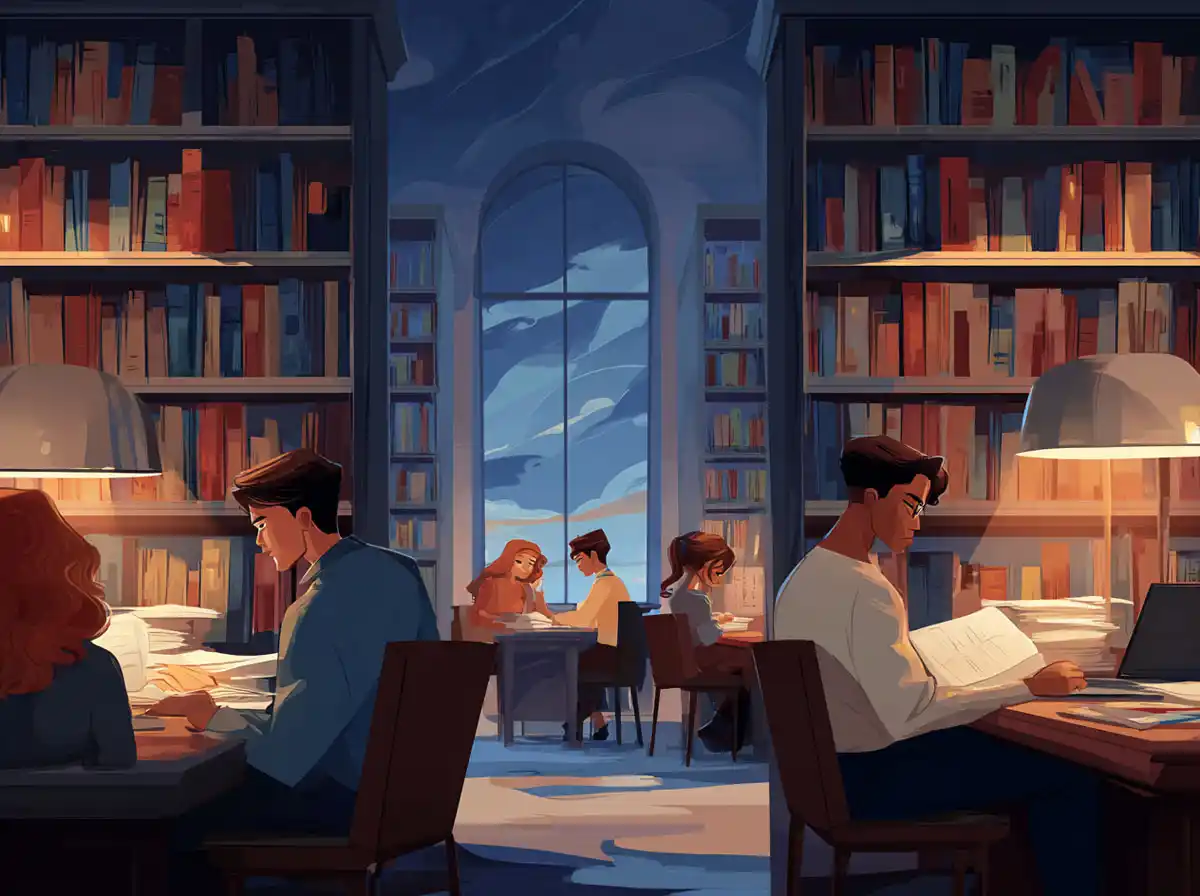### Understanding Basic Film and Theatre Terms
Before diving into complex phrases, it is crucial to familiarize yourself with the basic terms. In Norwegian, the word for film is “film” and theatre is “teater”. Simple yet vital, these words form the foundation of any conversation about cinema or theatrical productions.
For instance, to say “I am going to watch a film,” you would say:
“Jeg skal se en film.”
Similarly, if you’re planning to attend a theatre performance, you might say:
“Jeg skal på teater.”
### Discussing Genres
Just like in English, Norwegian uses specific terms to describe different genres of films and theatre plays. Whether you’re a fan of horror, comedy, or drama, knowing these words can help you navigate through your options or express your preferences.
– Comedy – Komedie
– Drama – Drama
– Horror – Skrekkfilm
– Action – Actionfilm
– Musical – Musikal
If you want to express your interest in a particular genre, you could say:
“Jeg liker skrekkfilmer.” (I like horror movies.)
### People in Film and Theatre
In any film or theatre production, various people play crucial roles, from directors to actors. Here are some terms that are commonly used:
– Director – Regissør
– Actor – Skuespiller
– Actress – Skuespillerinne
– Producer – Produsent
– Scriptwriter – Manusforfatter
To say “The director did an excellent job,” you would use:
“Regissøren gjorde en utmerket jobb.”
### At the Cinema or Theatre
When you’re at the cinema or theatre, knowing specific vocabulary related to the setting and actions can enhance your experience. Here are some useful terms:
– Ticket – Billett
– Seat – Sete
– Row – Rad
– Screen – Lerret (cinema)
– Stage – Scene (theatre)
If you need to ask for two tickets to a film, you might say:
“Kan jeg få to billetter til filmen?”
### Discussing the Plot and Characters
Discussing the plot and characters can help you delve deeper into the narrative and share your opinions with others. Some useful phrases include:
– Plot – Handling
– Character – Karakter
– Role – Rolle
– Scene – Scene
– Dialogue – Dialog
To discuss a character in a movie, you might use:
“Hovedkarakteren var veldig interessant.” (The main character was very interesting.)
### Expressing Opinions About Performances
Sharing your thoughts about a movie or a play is a great way to practice your Norwegian. Here are some expressions that might come in handy:
– Amazing – Utrolig
– Boring – Kjedelig
– Exciting – Spennende
– Predictable – Forutsigbar
– Entertaining – Underholdende
For example, to say that a movie was boring, you could say:
“Filmen var kjedelig.”
### Advanced Phrases for Critics and Enthusiasts
If you find yourself getting more involved in discussions about films and theatre, using some advanced phrases can make your Norwegian sound more fluent. Here are a few:
– “Filmen hadde en uventet vending.” (The film had an unexpected twist.)
– “Skuespillet var enestående.” (The acting was outstanding.)
– “Regissøren brukte interessante filmteknikker.” (The director used interesting filming techniques.)
Exploring film and theatre through the Norwegian language not only enhances your vocabulary but also gives you insights into the cultural aspects of Norway. Whether you’re discussing a spooky “skrekkfilm” or a captivating “drama”, these phrases and terms will help you articulate your thoughts and engage more deeply with content. Enjoy your linguistic journey into Norwegian cinema and theatre!










